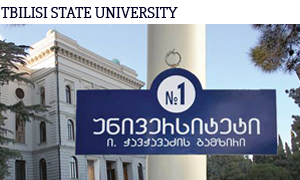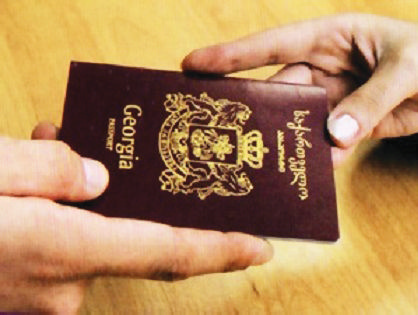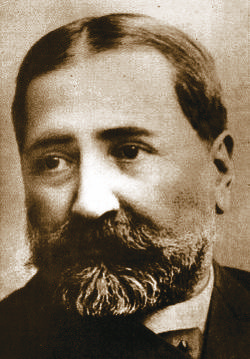
Journal Number: 7
What is a “citizenship style”? How is this acquired and what are the particular psycho-social factors that define it in Georgia? A study carried out by Tbilisi State University researchers entitled “What defines the style of citizenship: culture, religion, nationalism?” addresses this question. Assistant Professor Khatuna Martskvishvili, Faculty of Psychology and Educational Sciences; Assistant Professor Luiza Arutinov, Faculty of Psychology and Educational Sciences; and Regional Research Coordinator Natia Mestvirishvili, Caucasus Research Resource Center studied national, cultural and religious attitudes as potential factors that contribute to the notion of citizenship style. The research was carried out in seven Georgian universities: four in Tbilisi and three in the eastern, middle and western areas of the country, respectively, and included 415 female and 270 male students between the ages of 18-24 who participated in the research.
According to her, the project aims to present Ilia’s works and activities in all their glory. Writers’ personal encyclopaedias are vital for integrating their work into a valuable collection, making their achievements immortal and to preserve a country’s cultural heritage. For these reasons famous literary figures’ personal encyclopaedias have been published, for example those of Dante, Shakespeare, Burns, Dickens, Goethe, Schiller, Pushkin, Lermontov and others. Such works are welcomed worldwide. We do not have many similar literary works in our culture (the only one, the Ivane Javakhishvili Encyclopaedic Dictionary, was published in 2002).
After the collapse of the Soviet Union, many reports were published worldwide on issues of transition from totalitarianism to democracy. However, in the second half of the 1990s, along with democratization, corruption and organized crime increased, and in Georgia these began to threaten the security of the country at all levels. Political scientists evoked the specter of a “failed state”. In 2002 a research program was launched with an initial focus on problems of corruption and organized crime, and in 2003 anti-corruption and anti-criminal reforms in Georgia began.
Security issues are becoming increasingly significant in today’s world, and on its way to European integration Georgia should carefully consider the strengths and weaknesses of its own national security and its compatibility with European security concepts.To this end, research on “The Europeanization of Georgia’s National Security” was carried out by Lela Janashvili, Associate Professor and Head of Internationalization and Scholarly Research Department at the TSU Faculty of Law. This research was supported by the Open Society Foundation within the framework of the Global Faculty Grants Program in 2013-2014. It was undertaken at the PublicLaw and Political Science Department of the Autonomous University of Barcelona, Spain. Joan Lluís Pérez Francesch, Head of the Constitutional Law Department and of the research group “Freedom, democracy and the transformation of states”, supervised the project.







